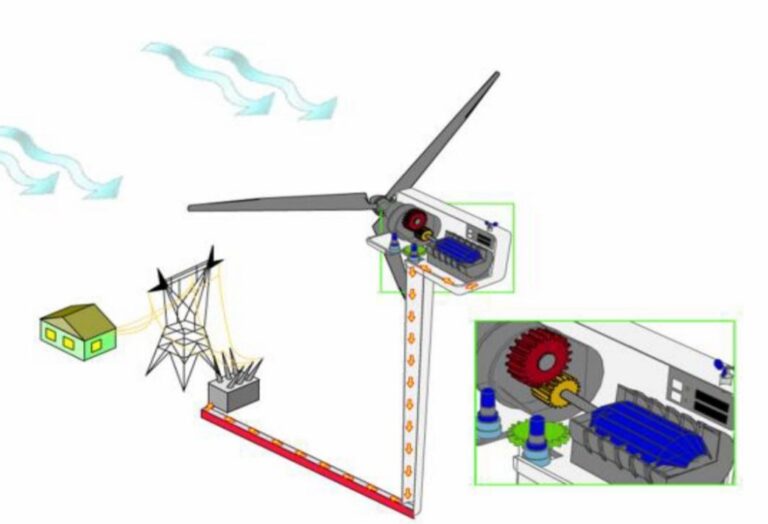Method 1:-
For a 66kV system:-
* Phase-to-Neutral Voltage: 66kV/v3 = 38.1kV
* Peak Voltage: v2 x Phase-to-Neutral Voltage = √2 x 38.1kV 53.8kV
* LA Voltage with Safety Factor: 1.1
* Peak Voltage = 1.1 x 53.8kV = 59.2kV
* The safety factor of 1.1 is included to account for potential voltage fluctuations and ensure adequate insulation.
* The peak voltage is considered as it’s the maximum voltage that the insulation needs to withstand.
Method 2:-
* LA Voltage: System Line Voltage x 90% = 66kV x 0.9 = 59.4kV
Practical Considerations:-
While both methods provide an estimate, the actual LA rating chosen would depend on factors such as:-
* Specific application requirements
* Available LA ratings in the market
* Desired safety margin
Standard Lightning Arrester (LA) Ratings
Lightning Arresters (LAs) are rated based on their Rated Voltage (Ur), which is defined by #IEC 60099-4.These ratings are designed to match standard power system voltages and provide effective overvoltage protection.
Common Standard LA Ratings:-
3 kV, 6 kV, 9 kV, 12 kV, 15 kV, 18 kV, 21 kV, 24 kV, 30 kV, 36 kV, 48 kV, 60 kV, 72 kV, 84 kV, 96 kV, 120 kV, 144 kV, 198 kV
These ratings are chosen based on the system voltage (Um) and the expected operating and overvoltage conditions.
1. Rated Voltage (Ur): The maximum system voltage that the arrester can protect under normal conditions.
2. Continuous Operating Voltage (Uc): Usually 80-90% of Ur and represents the voltage the arrester can handle continuously without deterioration
